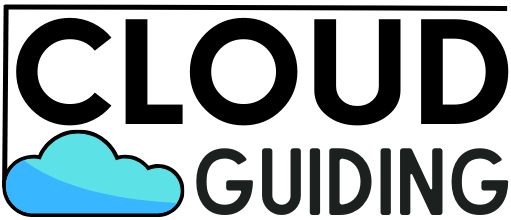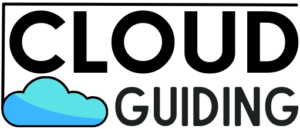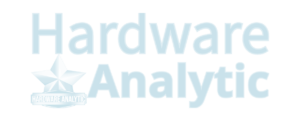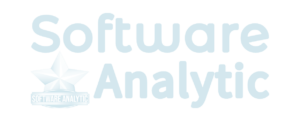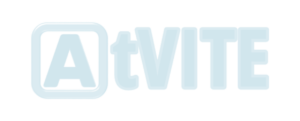SaaS companies offer software solutions that can be accessed and used via the Internet rather than requiring installation on individual computers or servers. This article compares the ethical differences between SaaS and traditional companies.
Ethical Difference between SaaS and Traditional Companies
As businesses continue to digitize their operations, Software as a Service (SaaS) companies are becoming increasingly popular. With this technological innovation comes a set of ethical differences between SaaS and traditional companies that must be considered.
Data Privacy
Data privacy is one of the highly significant ethical differences between SaaS and traditional companies. SaaS companies collect data about their users and usage patterns, requiring them to have a robust privacy policy to protect that data. SaaS companies must ensure that user data is secure and not used for any purpose other than what was agreed upon in their privacy policy. Traditional companies also have access to user data, but the difference lies in the amount and type of data collected. Traditional companies may have more limited access to user data, whereas SaaS companies can collect and analyze data at a much larger scale.
“SaaS companies collect vast amounts of user data, which raises ethical concerns about data privacy. These companies must have robust privacy policies in place to ensure that user data is secure and not used for any purpose other than what was agreed upon in their privacy policy.” — Kevin Wang, Founder of FOVE
Transparency in Pricing
Another ethical difference between SaaS and traditional companies is the level of transparency in pricing. SaaS companies can offer a subscription-based pricing model, where users can pay a monthly or yearly fee to access their Software. Traditional companies, on the other hand, usually have a one-time purchase model or a per-use model. With SaaS companies, it can be difficult to understand the true cost of the service, as pricing may be based on the number of users, the features used, or the level of service required. On the other hand, traditional companies often have more transparent pricing models, making it easier for consumers to understand the right cost of the product or service.
“SaaS companies operate on a subscription-based pricing model, which can make it challenging for users to understand the true cost of the service. Traditional companies tend to have more transparent pricing models, making it easier for consumers to understand the true cost of the product or service.” — Aron Susman, Co-Founder of TheSquareFoot
Accessibility and Inclusivity
SaaS companies have significantly improved accessibility and inclusivity in the technology industry and stay ahead of traditional companies. SaaS products are designed to be used from anywhere with any internet connection, which makes them accessible to individuals who may not have access to traditional technology solutions. SaaS companies also prioritize user experience, making their products more intuitive and user-friendly. However, SaaS companies may still face challenges in ensuring their products are accessible to individuals with disabilities, as accessibility requirements are still evolving in the technology industry.
Customer Support
Customer support is an important aspect of any technology solution, and SaaS companies have been known to excel in this area. SaaS companies often provide extensive customer support through online forums, chatbots, and email support. It allows users to quickly and easily resolve any issues they may be experiencing with the Software. Traditional companies may offer customer support but may not have the same resources and expertise as SaaS companies, making it more challenging to provide timely and effective customer support.
“Customer support is an essential aspect of any technology solution, and SaaS companies are known for excelling in this area. These companies often provide extensive customer support through online forums, chatbots, and email support, allowing users to quickly and easily resolve any issues they may be experiencing with the software.” — Peter H. Diamandis, Founder of XPRIZE
Intellectual Property Rights
Intellectual property rights are a significant ethical concern in the technology industry, and SaaS companies have been known to prioritize protecting their intellectual property. SaaS companies often use encryption and other security measures to protect their Software from unauthorized use or distribution. It can help prevent intellectual property theft and protect the company’s revenue stream. Traditional companies may also prioritize protecting their intellectual property but may not have the same resources or expertise as SaaS companies to do so effectively.
Summarizing SaaS companies Vs. Traditional companies
Below are summarizing the ethical differences between SaaS and traditional companies.
| Ethical Consideration | SaaS Companies | Traditional Companies |
| Data Privacy | Collects user data and requires a robust privacy policy | Collects user data but may have more limited access |
| Transparency in Pricing | Subscription-based pricing model may lack transparency | One-time purchase or per-use model tends to be more transparent |
| Accessibility and Inclusivity | Emphasizes accessibility and user experience | May face challenges in ensuring accessibility to individuals with disabilities |
| Customer Support | Provides extensive online customer support resources | They may not have the same level of resources and expertise for customer support |
| Intellectual Property Rights | Prioritizes protecting intellectual property with encryption and security measures | It also prioritizes protecting intellectual property but may not have the same resources and expertise. |
It’s important to note that these are generalizations, and not all SaaS or traditional companies operate similarly. Each company must assess its ethical priorities and act accordingly to ensure they operate ethically and responsibly.
Conclusion
SaaS and traditional companies have different ethical considerations to consider. While SaaS companies prioritize data privacy, transparency in pricing, accessibility, customer support, and intellectual property rights, traditional companies may have different priorities. Ultimately, individual companies must determine their ethical priorities and act accordingly to ensure they operate ethically and responsibly.
Read: Digital Transformation trends with Powerful Enterprise Software
